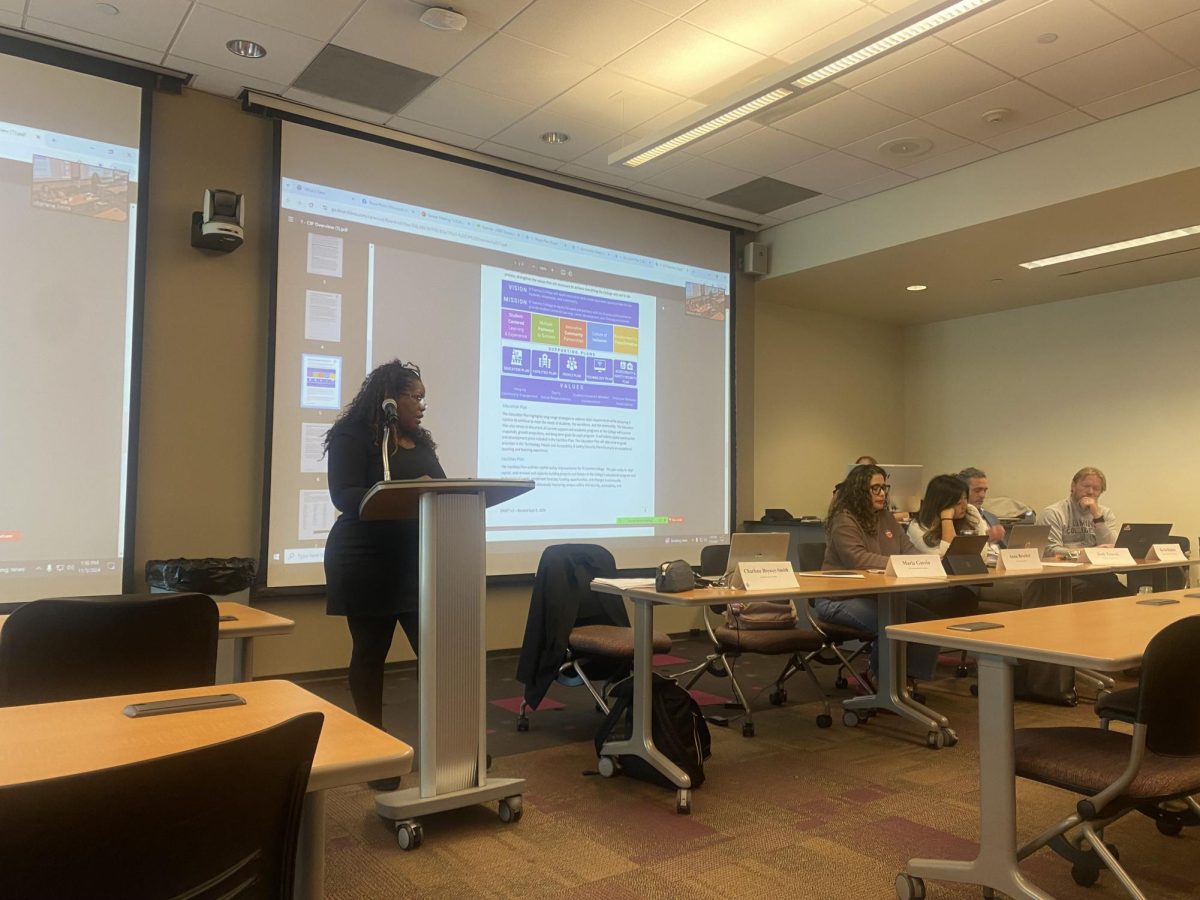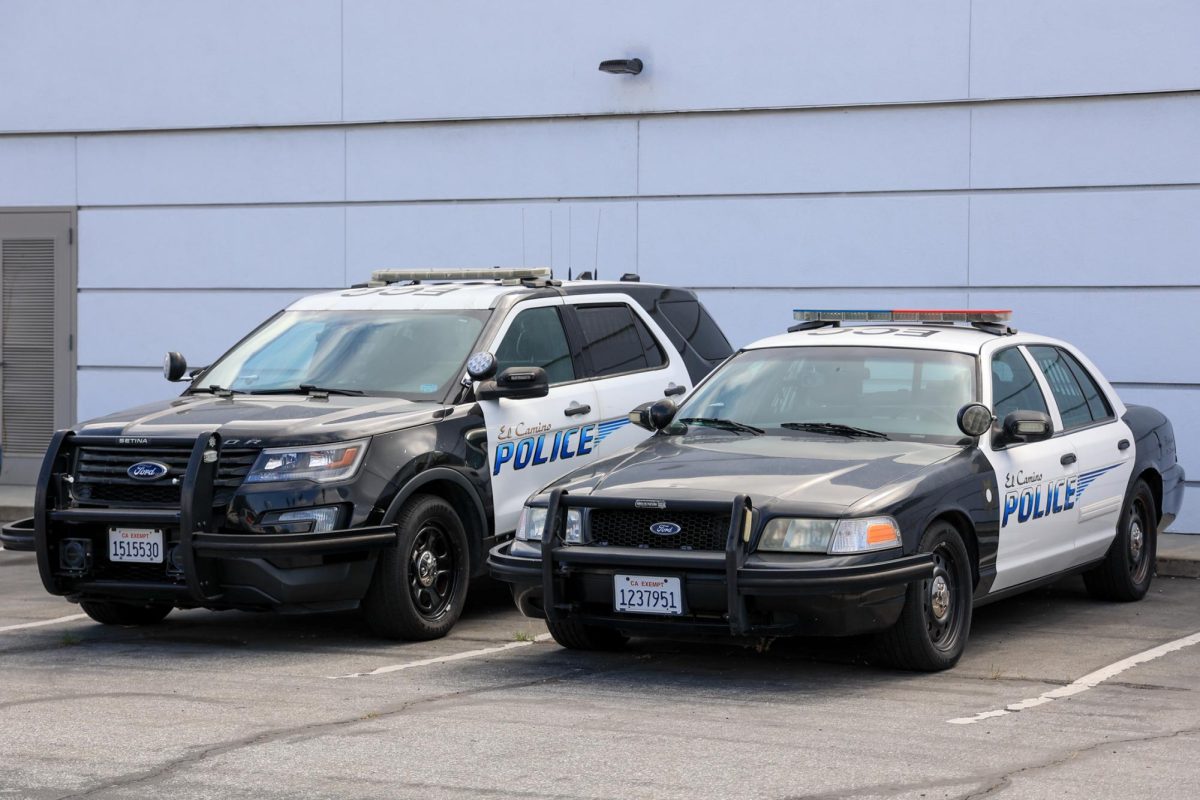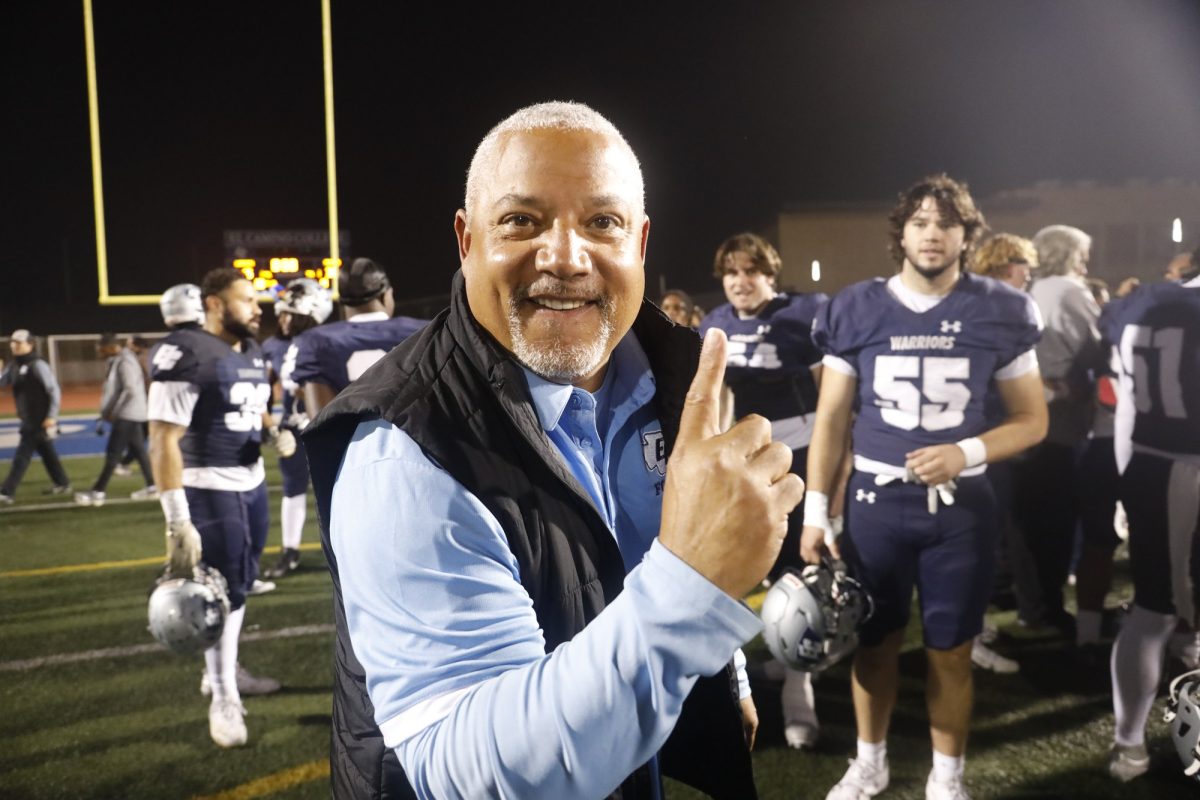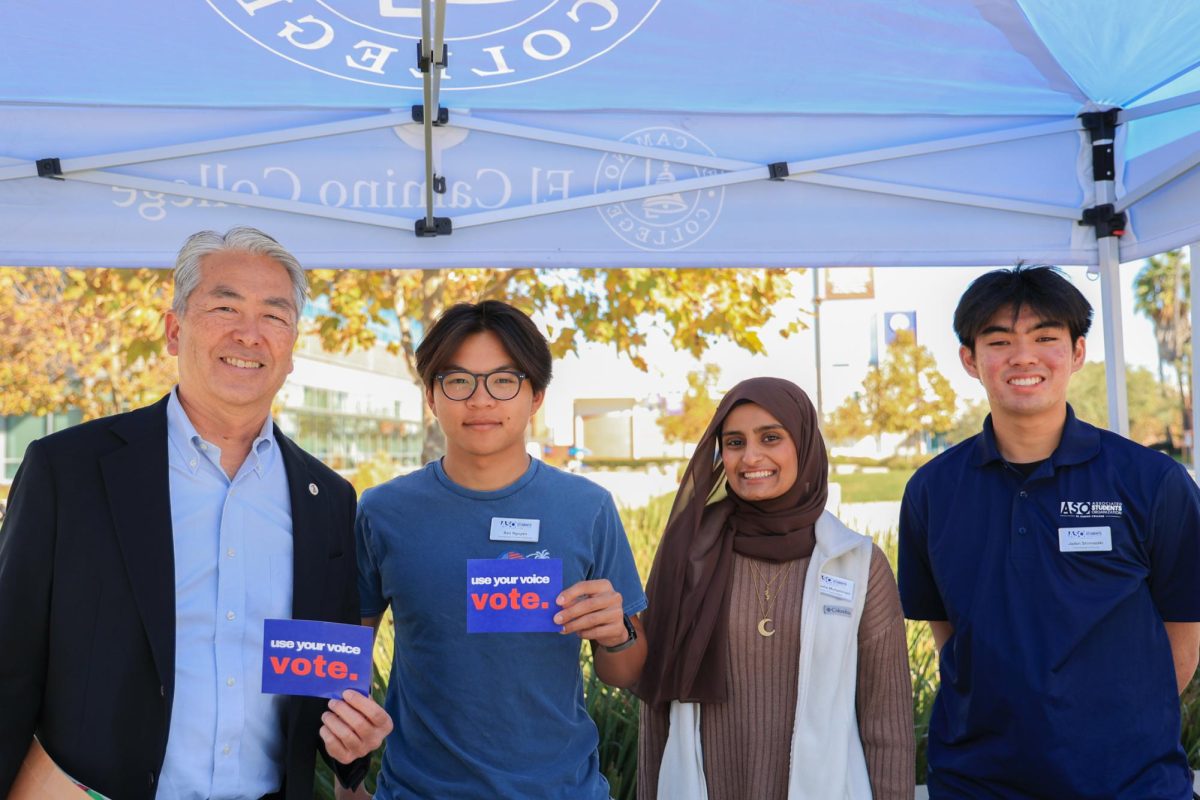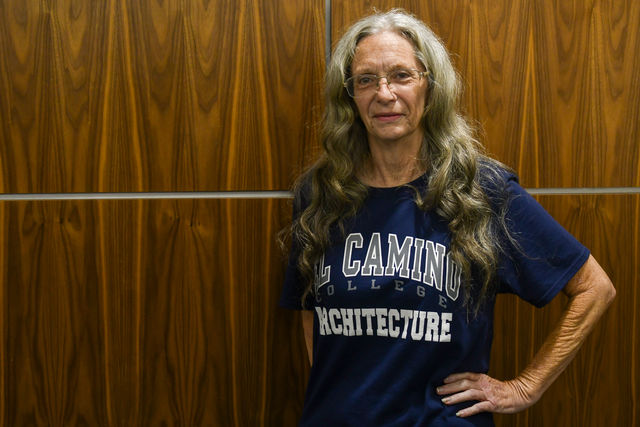In grammar school, you always had transportation to get to a field trip and in college you really don’t have transportation: You need to ask for permission.
The rules of usage of campus-owned vans has experiences no major changes to the rules, but the process has become more organized.
“They really didn’t change the rules, we just wanted make sure everyone knows the procedures and knows the rules for clubs or classes,” Jeanie Nishime, vice president of student services, said. Despite these changes, students and members of clubs, of whom often use the buses for field trips, are pleased with the new process.
“I think it definitely will be more organized and the school will be more organized and restriction will help the students more,” Walter Mendez, president of the Inter-Club Council, said.
The procedures for a field trip starts with a notice of required field trip should been planned and be in the instructor’s syllabus. The instructor must complete all proper forms of the event to their division dean at least four weeks before going.
All field trips beyond 50 miles must be approved by the Vice President of Academic Affairs.
No class or group may be authorized to take a field trip until it is approved under this policy.
All field trips shall be supervised by an employee of the District.
If the field trip is canceled, organizers must inform their dean immediately.
The one’s that are eligible to go can only go on the field trip.
Lastly, if instructor reconnaissance is deemed necessary in preparation for the field trip, the responsible dean should approve it and get district transportation.
There has also been an emphasis on safety when it comes to transportation.
“What would be considered an alternate class meeting is within 50 miles of EC and more than 50 miles of EC is consider a field trip and vans would need to be uses,” Nishime said. “Instructors and club adviser would need to fill out forms to use the vans and van driver’s would have to go through a safety program.”
The reason for such precautions is that it will take extra mesaures to prevent accidents.
“It will benefit the liabilities and safety of the students,” Nishime said.
Club members and students are satisfied with this, but they do believe the rules should be made available to everyone on campus.
“They changed a couple of rules, but has no problem with the rules and would need to see more promotion of the new rule changes on campus,” Mendez said.
The types of common field trips are trips to universities, going on tours and doing field-related activites.
“There are a lot of field trips through transfer and career center. Clubs usually go on excursions and the Natural Science Division goes on field trips more frequently,” Nishime said.
Because of this, students are grateful to have transportation available to them so these trips can be possible.
“Having vans available is a great opportunity and gives you freedom to do things with the student body,” Mendez said.
He also added, that the group of students would determine what would be needed.
“The amount of students going on the trip would determine if they would need a van or a bus,” Mendez said.
Instructors and club advisers would have to go through a procedure to plan a field trip or excursion and would need to make sure that their dean knows about either there field trip or excursion, four weeks prior to the event.
After the dean knows about the trip, it goes to the Vice President for approval of the field trip or excursion.
“Instructors can only plan their trip after making sure their dean knows about it and comes to the vice president for approval,” Nishime said.
Clubs usually use vans because they go to places which pertain to their club.
“We go to events or conventions that we can go to together and has to do with a specific club,” Mendez said.



